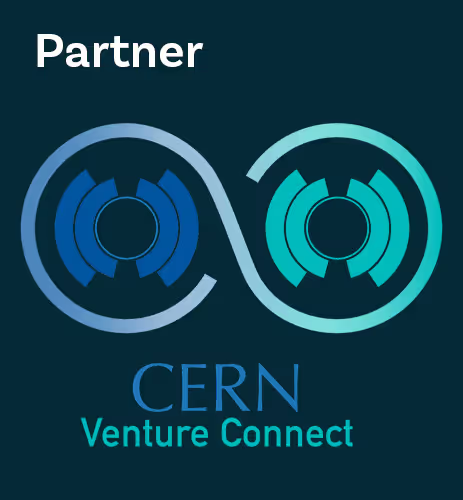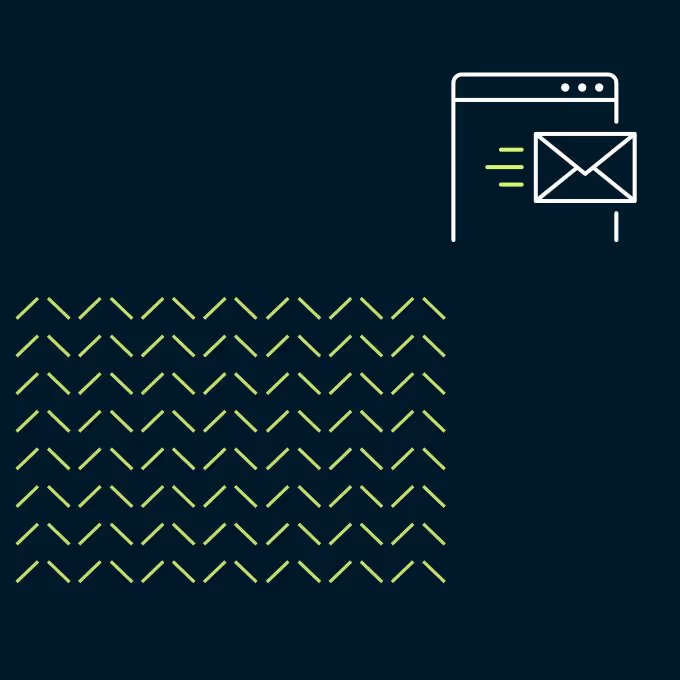Too many startups invest much of their time and money in building their products and they often stop right there, thinking the customers will just come on their own. That can be true in some situations, but, at the beginning of a venture, it is as important to actively show the world their awesome, new product and get as many buyers as soon as possible.
In our work, we have supported many innovative products and services in their go2market phases and we noticed time and time again that cold calling is still the most effective way of selling in B2B innovations.
What is cold calling and why is it so important?
Cold calling is a method of customer acquisition. To cold call means to make an unsolicited visit or telephone call to someone in the attempt to sell them relevant goods or services.
For most people, cold calling means leaving their comfort zone, because they don't know how the person that they are calling will react. The person might be unfriendly, impolite, or even rude.
DISCLAIMER: There are countries that enforce some strict regulations when it comes to cold calling activities and the conditions in which they can be done. We advise you to check your local regulations before you start your first sales activities.
"We have supported many innovative products and services in their go2market phases and we can't stress enough that cold calling is still the most effective way of selling in B2B innovations".
Nevertheless, since we have already supported so many innovative products and services in their go2market phases, we can't stress enough that cold calling is still the most effective way of selling.
Since a startup has not many existing customers yet, the team needs to go out there and tell people about their awesome solution and do customer acquisition - via phone, email, social media, events, fairs, flyers, web ads, on airplane banners, etc. Make your potential customers aware of your solution in any possible way you can imagine and afford, basically think what makes the most sense for your individual solution. (So maybe don't place your logo on an airplane banner, if you don't happen to own an airplane?)
As you can probably imagine to do customer acquisition via phone means to do cold calling. It's very effective and very affordable when done in a non-intrusive way! What more can you wish for?
Wait, we know what more you can wish for a guideline on how to get started and make your cold calls successful! Here we'll provide you with some tips and tricks on sales conversation strategy, practical phrases, and on how to make you feel more comfortable while cold calling.
Let's jump right in.
1. Mindset
Check your local regulations before you start your first sales activities and make sure all your processes are aligned with the local procedures.
Before you grab your phone, be aware of your cold call goal. Most innovative B2B products and services are not sold only because you have talked to a person once, but after a longer sales funnel with stages such as interest, offer, negotiations, and deal closing.
The goal of a cold call is not to sell your product or service right on the phone. The goal of a cold call is to awake interest, to have a good conversation about your solution and to schedule a follow-up call or meeting!
"If you follow some tips and tricks for cold calling and get some experience, you can be successful in 20 - 50 % of your cold calls".
It is very important, that you are friendly and polite no matter how the person you are calling reacts. Make sure that the person feels comfortable talking to you by creating a pleasant conversation atmosphere (HOW = the relationship level). If you also communicate in a way that the customer understands that it will benefit him or her (WHAT = business level), then you will be successful.
If you follow some tips and tricks for cold calling and get some experience, you can be successful in 20 - 50 % of your cold calls.
Also, don't be discouraged, if someone is not interested, unfriendly, or impolite.
Don't take it personally.
You don't know how truthfully stressed the other person might be in the moment you are calling because you don't know the other person at all.
One more time, there is nothing to lose. A not yet called company is not your client. If you don't call, they will never be your client. So cold callers can only win!
2. Prepare
Get your lead list with the relevant contact data (name, company, phone, email). The main challenge is to get the person on the phone.
As with cold acquisition, quantity matters more than quality - so keep your preparation as short as possible, because a lot of times the person won't even pick up the phone, and then you have wasted your time on researching the person.
However, make sure you are following hard facts (max. 10 mins research):
- What is the company, where your contact works, doing?
- What is the job position of the contact?
- Is there anything on the internet related to the need you are addressing?
3. Call
Here are some typical scenarios on what could happen while cold calling. We wrote down a little script about how these conversations could look like so that you can prepare and practice. We will take the example of a digital solution in the energy sector, but please adapt it to your industry as needed.
Scenario 1 - The Receptionist & Assistant Call"
One important task of receptionists or assistants is to block irrelevant information, but also to provide relevant information to the decision-makers.
They also often have insight into calendars which is very helpful for us. So, our goal when talking to a receptionist or assistant is to be perceived as "relevant information" and be forwarded to the decision-maker. Start your call:
You:
"Hello, this is [first name AND last name] from ENERGY COMPANY, can you please forward me to [contact's first AND last name], please?"
To get forwarded right away is the best-case scenario, but often you will get an answer like:
Assistant:
"What is it about?"
You:
"It's about energy management - please forward me and tell her/him, that [first name, last name] is on the phone."
The key is not to pause and to mention the subject without hesitating. It gives the impression, that you already have been in touch with the person (without lying of course!).But what do you do, if the assistant asks you:
Assistant:
Does [contact's first name, last name] know you already?
Here very important - don't lie! A smooth way to answer this question would be:
You:
"That's exactly the reason why I am calling - so that he/she can decide whether we should meet. I need his/her opinion on energy management. It will just take me 2 minutes to ask if an exchange on that topic makes sense for him/her as well."
Scenario 2 - The Decision Maker Call"
What should you say, if you get forwarded or even can reach the decision-maker right away via phone (without having to talk to an assistant before)?
Every person receiving a cold call asks him/herself these 5 questions:
- Who is this person, that is calling me?
- What does he/she want?
- How long will this call take?
- Is he/she acting in my interest?
- What is the purpose of this conversation?
You need to make sure that you answer those questions in a short matter. Here is how:
You:
"Hello, my name is [first name, last name] from ENERGY COMPANY, a corporate startup of ENERGY HOLDING. Is it a bad moment right now?"*
You are probably more used to the phrasing "Am I disturbing you right now?". We recommend using the wording "bad moment".
Decision Maker:
"Yes it's a bad moment right now. I'm very stressed right now."
You:
"I understand, when is it a better time to call you again?" I would like to discuss with you/meet you to talk personally about your forecast on energy trading decisions, but only if this makes sense for you."
Using "but only if this makes sense for you" you are not seen as the annoying seller that wants to sell something because of your interest in selling. If the decision-maker lets you go on and talk, do a very short pitch on your solution and try to schedule a meeting or a call Last, but not least, end the call with the same appreciation as you started it by summarizing the most important points you have discussed so far:
You:
"Very good. I understand that topics A, B, and C are particularly relevant to you. Then, I would suggest that we meet in person soon to discuss how to tackle these challenges. How about next Wednesday in the afternoon?"
Your main goal: follow-up meeting
"Schedule the appointment directly on the phone and avoid the pitfall of sending out multiple appointment suggestions with a lot of follow-up work on missing confirmations."
Always try to ask early on in your conversation for a follow-up meeting (in person if possible), which is your main goal. Extending the conversation on the phone for too long bears the risk that you lose the interest of your potential client. On your first (cold) call you will always get less attention and time which is why scheduling the follow-up is so important.
Schedule the appointment directly on the phone and avoid the pitfall of sending out multiple appointment suggestions with a lot of follow-up work on missing confirmations.
What are you waiting for? Call your customers and boost your (corporate) startup!
Disclaimer: Some countries have strict regulations when it comes to cold calling activities. We advise you to check your local regulations before you start your first calls.


.avif)






.jpg)



